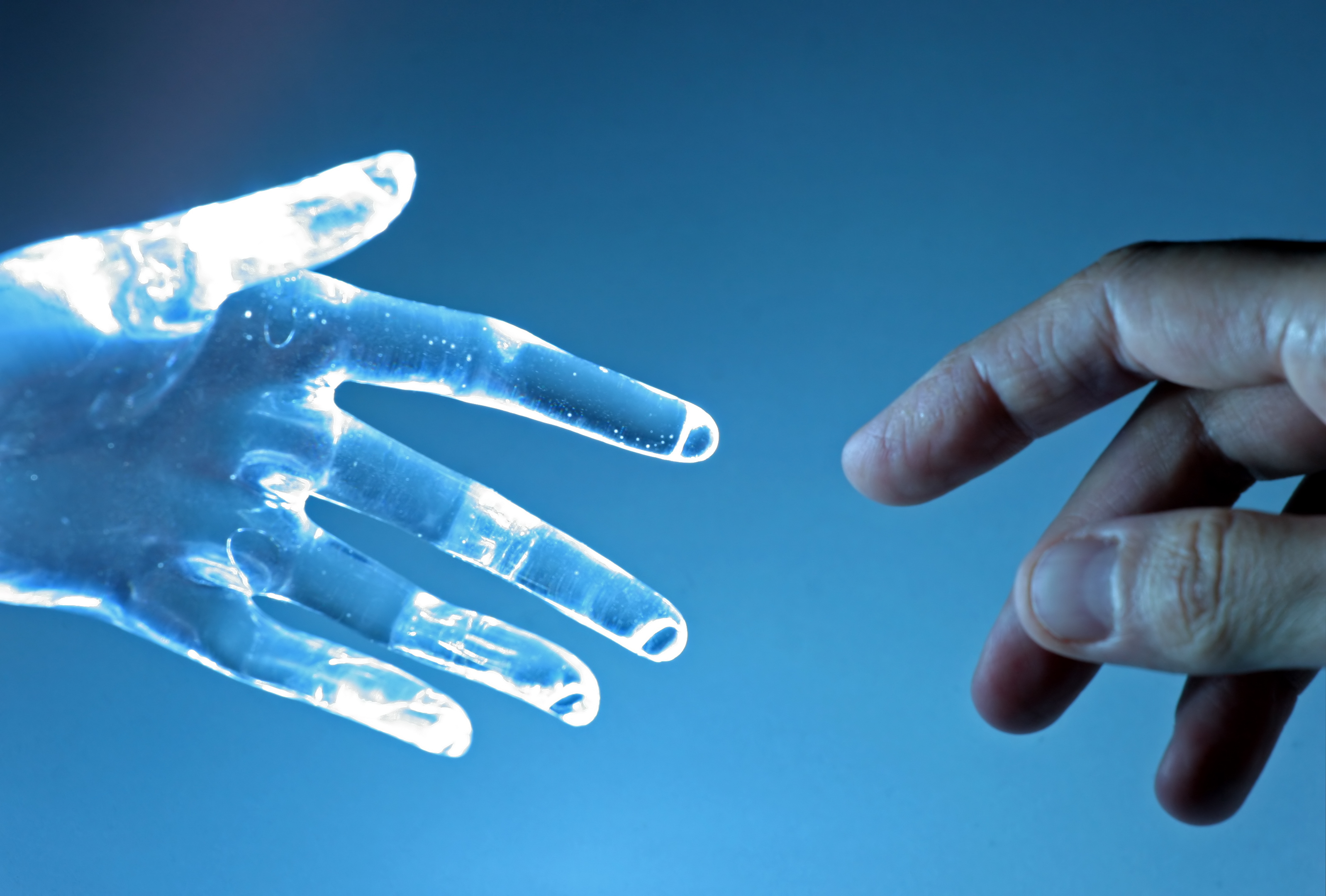Thinking About Artificial Intelligence
A year ago, you might have been hard pressed to find 2 out of 10 people who could tell you what the letters “A.I.” stood for, or what artificial intelligence was all about. Then, last November, a Silicon Valley company called Open AI released a stunning new program called ChatGPT, and now you can’t find a mainstream news outlet that isn’t writing about – and fretting about – the expected impact of artificial intelligence.
Much of the initial coverage has been about the A.I. arms race. It turns out that the big tech players, like Microsoft and Google, have been working on artificial intelligence applications for years. So have the Europeans, the Russians and the Chinese. There has also been a lot of coverage about the economic impact of A.I., focusing particularly on the jobs – especially white collar jobs – that might be lost if A.I. delivers on its promise. And we’re told that academia has been rattled by the prospect of student papers written by A.I. “robots” rather than caffeinated undergrads burning the midnight oil.
Some opinion writers have sought to downplay the impact of all of this, but I’m inclined to side with those who see the emergence of artificial intelligence as – potentially, at least – an inflection point in human history. As the tech journalist Hasan Chowdhury wrote in a recent Business Insider article, “Much like social media in 2012, the A.I. industry is standing on the precipice of immense change. And while social media went on to reshape our world over the next 10 years, experts told me that the consequences of A.I.'s next steps would be an order of magnitude larger. According to researchers, the current A.I. models are barely scratching the surface of the tech's potential... A.I. could fundamentally reshape our economy and lives even more than social media.”
But unlike the catastrophists who write about A.I., I’m betting that much good will come from artificial intelligence. Sure, some jobs will become extinct, but new jobs and whole new careers will be created. Meanwhile, A.I. might help us sequence proteins in ways that help us cure cancer, or help fight crime by simultaneously analyzing CCTV images from thousands of cameras to identify a gunman on his way to a local elementary school.
What does trouble me are the ethical implications of all of this rapid technological change. Back when the industrial revolution hit, it took decades for governments, the private sector and civil society to develop the anti-monopoly legislation, labor rights laws, environmental rules, etc. to regulate capitalism and industrial development in the public interest. I worry that the fierce competition to rush forward into the brave new world of A.I. means that we’re careening around a narrow mountain road with no guardrails. And at this early stage, we don’t even know where that mountain road leads.
Will A.I. turbocharge the disinformation that already infects social media, accelerating the spread of conspiracy thinking and political instability? Or will it create new methods of manufacturing, helping America rebuild its industrial base? Will A.I. end up compromising America’s national security? Or will it create new networks of international cooperation, diminishing the prospects of war? Will it eliminate whole classes of knowledge workers, hollowing out the middle class? Or in a perfect world, could A.I. accelerate the development of alternative fuels and help us save the planet? No one knows. But we’re certainly going to have to think – and quickly – about how we shape the development of this new technology for the long-term benefit of humankind, and not just for the “short-term shareholder value” of the big technology companies in Silicon Valley.
It turns out that some of the people who are thinking most deeply about these issues are the very people working on developing A.I. In a recent opinion piece in the New York Times, columnist Ezra Klein describes meetings he’s had with tech engineers working on artificial intelligence in Silicon Valley. Klein writes, “In a young industry flooded with hype and money, person after person tells me that they are desperate to be regulated, even if it slows them down. In fact, especially if it slows them down. What they tell me is obvious to anyone watching. Competition is forcing them to go too fast and cut too many corners. This technology is too important to be left to a race between Microsoft, Google, Meta and a few other firms.”
Considering the rapid growth of A.I., it’s inevitable that Prosono’s clients will soon be grappling with the practical and ethical implications of artificial intelligence. We like to think we’re experts at unlocking our clients’ social impact potential, and that’s what we’ll be doing when it comes to A.I. We’ll be helping them find ways to make this new, exciting technology a tool for social good. And, as always, we’ll be right there beside them as they navigate the twists and turns in the road.
